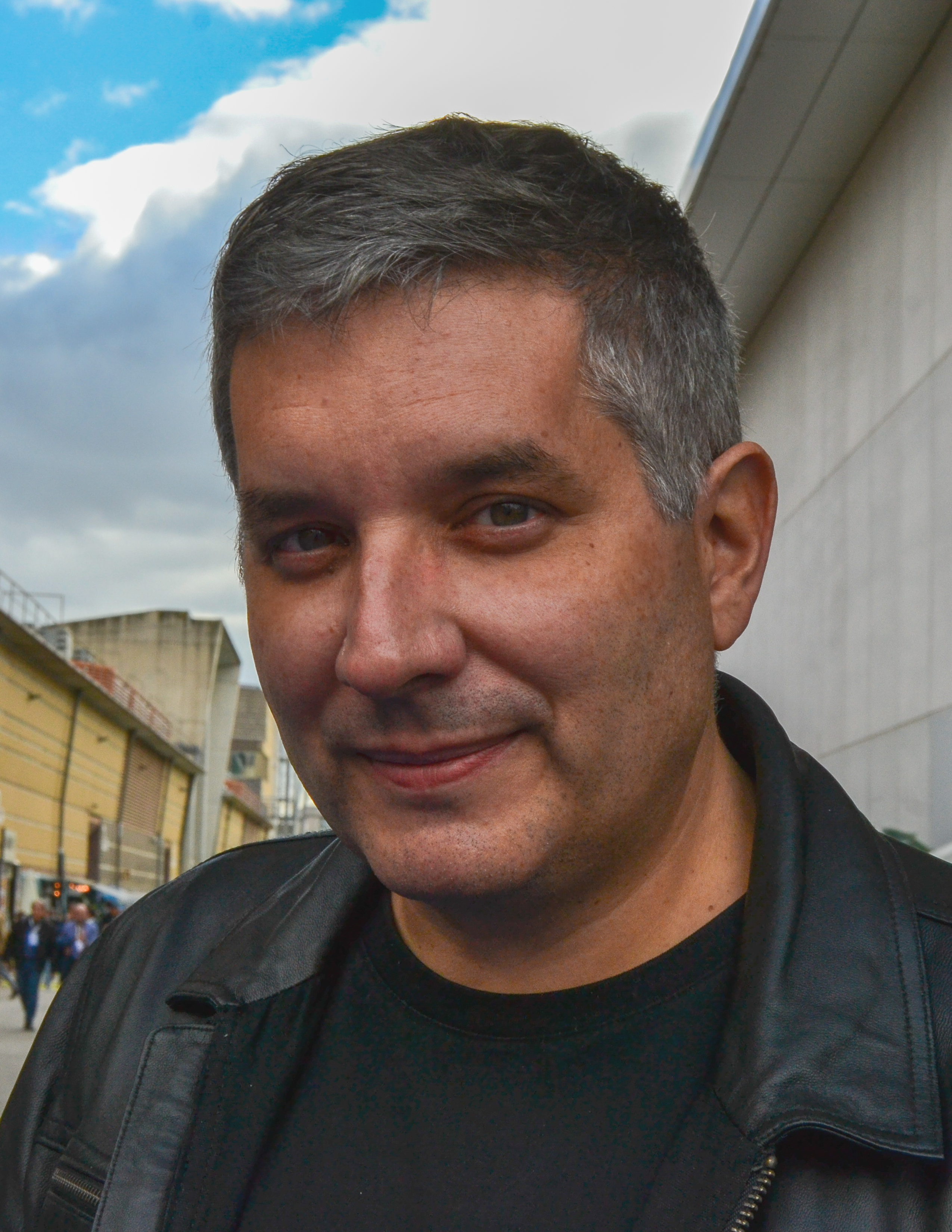 I posted this over at Slushpile originally…
I posted this over at Slushpile originally…
Scott and I have been discussing the Mike Daisey fiasco and something stuck out for me during his This American Life interview and, more important, in the reactions by various tech visionaries at various online outlets. “He’s a liar,” they said. “He’s a fraud.”
“Me made us care about something that wasn’t true.”
While I will never defend Daisey and his ridiculously overblown stories (I cover Foxconn at TechCrunch) I would like to point out that, in a way, Daisey is not in the wrong or, more correctly, the industry that produced him, mainly the literary establishment, created him and his ilk out of the necessity for endless amusement.
Scott and I have been constantly amazed by the “gets” many writers grab in the course of their research. Many notable non-fiction books, articles, and even “monologues” and memoir seem far too fanciful to be true. Aside from drop-dead realists like Poe Ballantine and Caroline Knapp, much longer form work is embellished for effect. You can’t just have a herion addiction, you have to hit rock bottom in the basement of an opium den in burnt-out Tehran. You can’t love a man or woman and have kids. You have to have the greatest love of all and wrap the relationship in purple prose. You can’t get your fillings done. You have do do it without Novocain at a doctor who specializes in folks in rehab.
The modern publishing industry needs the sensational. A book doesn’t pop if it tells a story plain. It pops if there is blood, guts, and glory. If it bleeds it leads, they said in newspapering, and in a market saturated with absolute drivel thanks to million dollar Kardashian contracts, it had better bleed through the cover and onto the carpet.
You can’t just write anymore. You have write to please the jaded editor. You have to write to please the packager who is looking for the next Hunger Games. You have to write for an audience that is so distracted that even clicking the iBooks icon on their iPad is a chore. After all, Angry Birds awaits!
That is not to say a good, true story can’t be gripping. What I’m saying is that in the quest towards blockbusterdom the author will embellish. She will add blood and guts and heart-wrenching lies. She will improve upon the truth just a hair – and then just a hair more. How else can she get through the transom, past the slushpile? If the first line doesn’t feature broken teeth – literally, in many cases – it just doesn’t register.
This is what the publishing industry has given us: the impetus to lie. Not all of us do it but many of the so-called successes are fabulists, James Frey being the least of them. Daisey was just doing what the market demanded. He was augmenting the truth.
So as we wonder if the memoirist’s hot nights spent with rockstars are real and if all those amazing feats of derring-do by Seal Team Six and others are accurate, just remember: the publishing industry doesn’t require them them to be accurate. A formal retraction after the fact usually suffices and only the author his harmed. What the modern publishing industry does require is blood and guts and glory, and fabulists and truth-tellers alike can supply it in scads. Sadly, it’s often the fabulists who get the contract.


